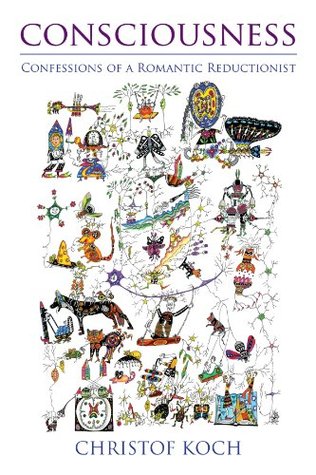This conceptual leap finds its most eloquent proponent in the French mathematician Pierre Simon de Laplace, writing in 1814: We may regard the present state of the universe as the effect of its past and the cause of its future. An intellect which at a certain moment would know all forces that set nature in motion, and all positions of all items of which nature is composed, and if this intellect were also vast enough to submit these data to analysis, it would embrace in a single formula the movements of the greatest bodies of the universe and those of the tiniest atom; for such an intellect
...more
Welcome back. Just a moment while we sign you in to your Goodreads account.


